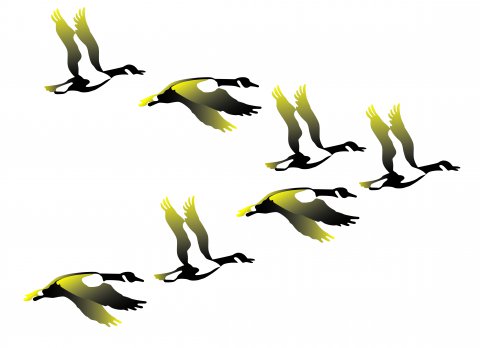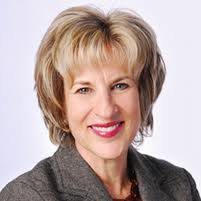
I am so fortunate to have had the opportunity to participate in the original group that helped create the foundation for CCEDNet. Our time together was both exhilarating – and exhausting. We grappled with the challenge of trying to integrate into a cohesive whole all the disparate visions and pathways.
We each came to the table with our own respective agendas and a unique set of expectations. Despite our wide-ranging differences and perspectives, we were bound together by the strongest possible bond of all: our shared values.
We all believed in the importance of deep respect for human dignity.
We all believed that every individual should have access to the essentials of life as a fundamental human right.
We all believed that every person and household should have access to economic opportunity.
We all believed that the various types of community economic development initiatives in which we were engaged − whether it involved training, provision of loans or venture capital, or support for community enterprise − would help give expression to these common values.
But we knew that we had to pay attention not only to economically vulnerable Canadians and communities. We also needed to take the time and make the effort to pay attention to each other. Community economic development work is challenging and often lonely. A group of caring peers is an invaluable support.

How appropriate, then, that the group decided to select the geese-in-formation as our logo. I remember clearly the evening that the proposed logo was unveiled and its rationale presented.
As geese begin to take flight, they lift off from the water independently. But within minutes, they form a line and then fall into a perfect V. A flock of geese flying in V formation can move faster and maintain flight longer than any one goose flying alone.
When the leader gets tired, it rotates back and another member of the flock assumes the leadership. If one of the geese gets sick and falls out, two geese leave the formation and follow it down to provide protection. They remain there as long as necessary and then launch on their own or with another formation until they catch up with their group.
It was such a powerful image and captured so well the need for us to take flight together in order to achieve our collective goals and to care about each other.


Sherri Torjman is Vice-President of the Caledon Institute of Social Policy. Educated at McGill University, she has written in the areas of welfare reform, disability income and supports, caregivers, long-term care, employment policy and community-based poverty reduction. Sherri is the author of the book Shared Space: The Communities Agenda. Check out more of Sherri’s publications on CED here.

Read other stories gathered to celebrate CCEDNet’s 15th anniversary >>





